 When I was in my twenties I listened as my uncle, a highly respected medical doctor in Oregon, was describing the kinds of conversations he had with patients who had been battered by their husbands.
When I was in my twenties I listened as my uncle, a highly respected medical doctor in Oregon, was describing the kinds of conversations he had with patients who had been battered by their husbands.
I never will forget his words.
“If she tells me, ‘I deserved it,’ I have two problems instead of one.”
The kind of distorted, self-negating thinking he encountered is exactly what causes abusive situations to flare up and get out of hand. It plays right into the hands of the abuser and lies at the center of our discussion of the person who is targeted by spiritual abuse.
Dr. Phil Monroe’s article, “Why are some people prone to spiritual abuse?” (which unlike me he published right on schedule) sheds light on what those vulnerabilities are and why it can be both difficult and painful to leave an abusive situation.
One of the biggest set-ups for spiritual abuse for women dovetails with an issue I raised in When Life and Beliefs Collide, but didn’t connect to the issue of spiritual abuse until now. In his article, Phil Monroe calls it “self-doubt.” In The Subtle Power of Spiritual Abuse, authors David Johnson and Jeff Van Vonderen call it “learned powerlessness.”
What this boils down to is a low view of self and a fundamental dependence on others to do the thinking, leading, and deciding that over time leaves a woman unable to do those things for herself. Her God-given decision-making muscle atrophies.
It is a huge set-up for spiritual abuse when those she looks to for guidance and protection are protecting something else at her expense. They are protecting themselves, their sense of control, power, and authority, their entitlement to unquestioning loyalty and alignment, and/or their reputation and ministry.
These vulnerabilities leave her without agency. She loses (or never develops) the ability to think, discern, decide, and act for herself. She becomes so used to relying on the judgment of others, she doesn’t trust herself or believe that gnawing feeling inside that tells her something about this situation is desperately wrong. Instead, the more she is scolded, shamed, and lectured the more willing she becomes to accept the abuser’s demeaning messages and humiliating conduct.
A spiritually abusive person exploits vulnerabilities many women are unaware they even have, often because those vulnerabilities are consider godly attributes—things like submissiveness, patience, forgiveness, and trust. So it’s easy to be blindsided by a spiritually abusive encounter from a trusted source and not know what to think, which way to turn, or how to get out.
Yes, there are exceptions.
Some strong personalities have an inherent ability to detect when someone has crossed the line and the ability to let them know. But even in those situations, another volley of spiritual abuse gets fired back. They can be accused of being divisive, argumentative, and obstreperous. But when someone is conditioned to doubt themselves or has learned powerlessness, their first instinct is to blame themselves. They enable the abuser by wondering if they’ve done something wrong and even deserve to be abused.
Abusive situations are never simple.
In tough economic times, it seems fool-hardy to give up a job that puts food on the table and a roof over your head. Often years of investing in a career, relationships, and a ministry are at stake. It isn’t easy to lose respect for someone you’ve looked up to and trusted. Then there’s always the hope that with prayer and perseverance and “trying harder” things will get better.
What complicates things is the fact that as Christians, we are supposed to have a healthy ability to think critically of ourselves. And not all criticism that comes our way is unfounded. But if constructive criticism is delivered in abusive ways, a serious problem remains. This is when it helps to turn to a third party to gain a more objective perspective—someone who is not in the situation and whose perspective is not distorted or swayed by loyalties or power or politics or risks to themselves.
Most of the stories of spiritual abuse I hear come within the context of long-term relationships where admitting what is actually happening can be excruciatingly costly and require levels of strength a woman has never had to summon up.
God has a way of overturning these situations in surprising ways as a woman is forced to find her voice and exercise a brand of courage she never imagined needing, especially with a Christian brother or sister.
I pray that God will shine the light of truth on men and women who are spiritually (or in any other way) abusing others.
But we also need the light of God’s truth to shine on us.
My book When Life and Beliefs Collide identifies where we must start both in addressing and preventing abusive situations. The starting point is not with self-esteem classes, but by taking ourselves and our minds seriously and going deeper in our relationship with God. Knowing him better and deeper takes us to the Source of light who shines the truth on us. Strength and courage don’t appear out of thin air. They grow out of understanding who God is, how he sees us, and that we bear his image and from knowing that therefore he has invested us with infinite.
I fear that much of what women are absorbing in women’s ministries and Bible studies contributes to these vulnerabilities and is insufficient to fuel the kind of courage and strength we need at the first flicker of abuse. Instead we are being lulled into that learned powerless and self-doubt that leave us unprepared to reject an abuser’s words and behavior and to stand our ground before abuse gains traction.
God didn’t create his daughters to cower in the face of abuse, but to stand up, not only for ourselves (which is often the hard part), but also for others who will be the next victims. We are not powerless. We were born to think, to discern, to decide, and to stand against evil. God equips us to take responsibility for the situations we face and to think, decide, and act, even if doing that takes us out of our female comfort zone.
We are, after all, ezer-warriors!
So here are some questions to think about. Feel free to join in with any other comments and insights you wish to offer.
- What makes a person vulnerable to a spiritual abuser?
- Why are we unaware (at least at first) that the behavior we’re encountering is spiritual abusive?
- Why are so many women not equipped to stand their ground when it starts?
- What can we do to prepare women and girls to detect it, to stop thinking someone else will rescue them, and to stand up to an abuser before that person gains the upper hand?
Here is the complete series on Spiritual Abuse:
- It all started with Lean In: Seek and Speak Your Truth
- Part 1: This Can of Worms Must be Opened!
- Part 2: The Perfect Storm
- Part 3: The Many Faces of Spiritual Abuse
- Part 4: Identifying the Triggers of Spiritual Abuse
- Part 5: Standing Up to Spiritual Abusers
- Part 6: The Underlying Belief System of Spiritual Abuse
- Part 7: The Enablers of Spiritual Abuse … or When Silence isn’t Golden
Dr. Phil Monroe on Spiritual Abuse:
- Spiritual Abuse: What it is and Why it Hurts
- Why Do Some Spiritual Leaders Abuse Power?
- What Factors Support the Use of Spiritual Abuse?
- Four Belief System That Support Spiritual Abuse
- Do You Enable Spiritual Abuse?
- Failures to Act—Why we don’t always blow the whistle on abuse
Also by Frank A. James: Structural Patriarchy’s Dilemma for Women
Mary DeMuth: Spiritual Abuse: 10 Ways to Spot It
Rachel Held Evans: Series on Abuse




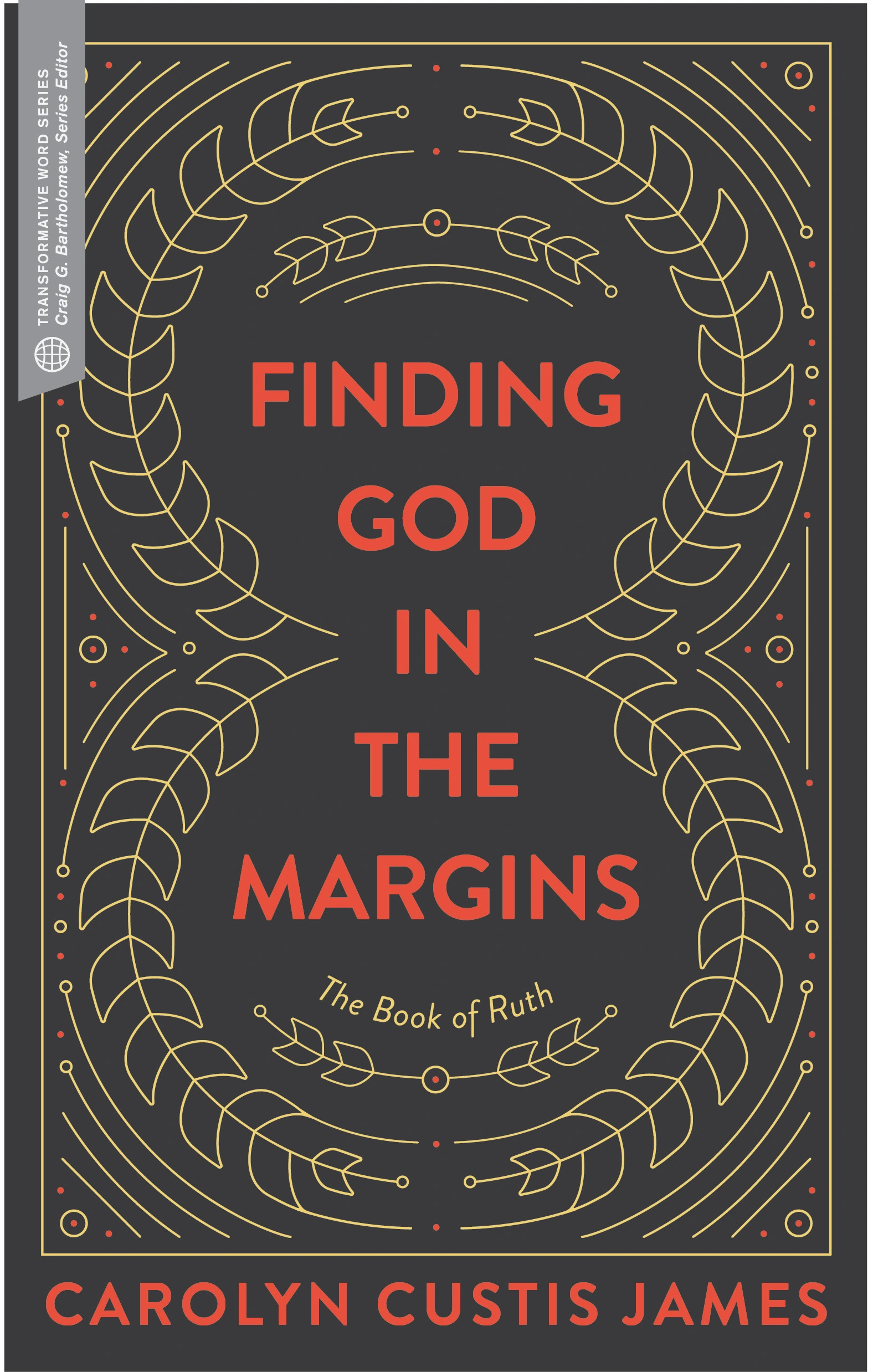
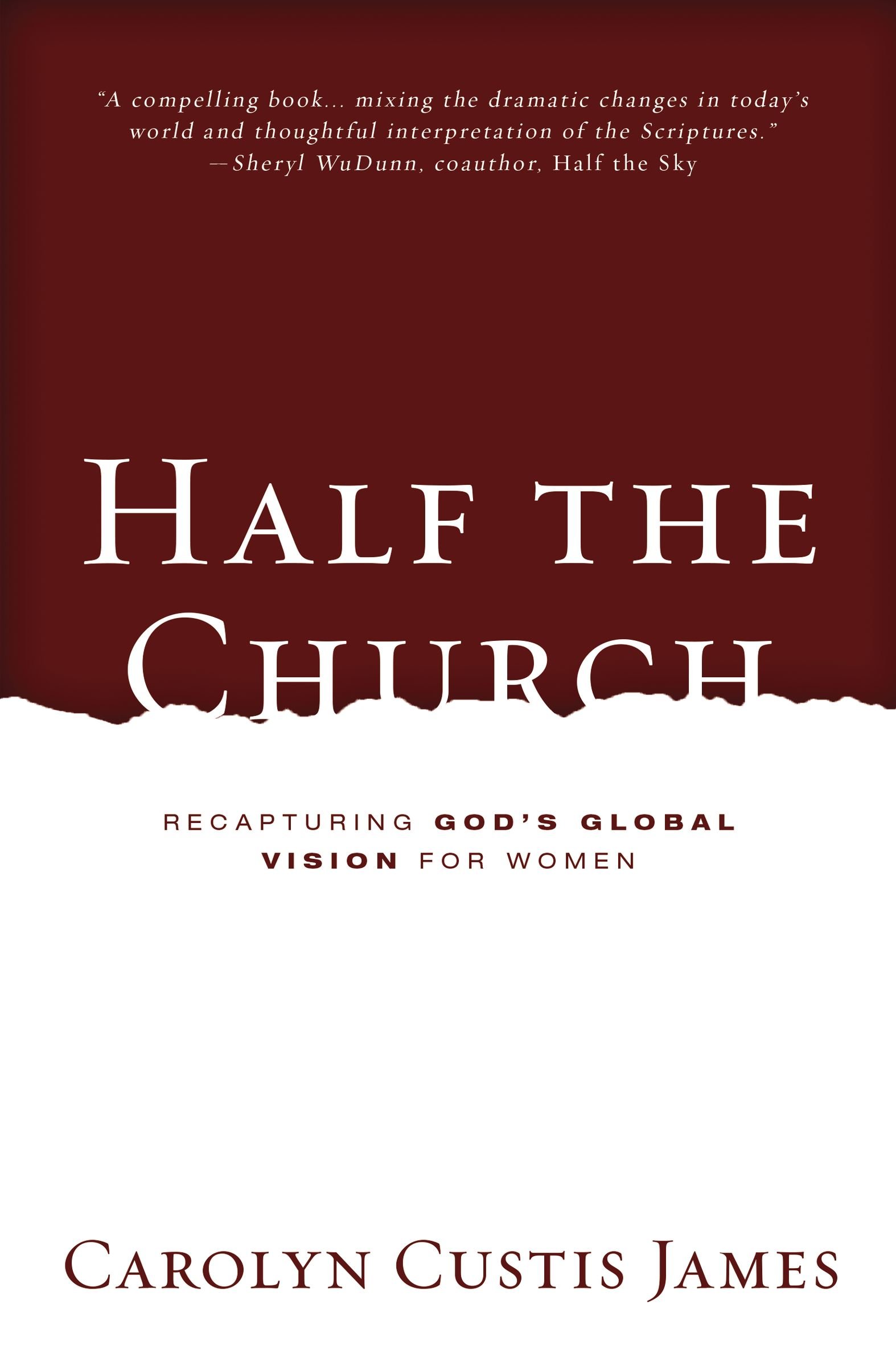
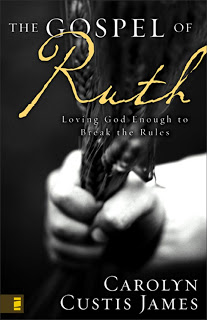
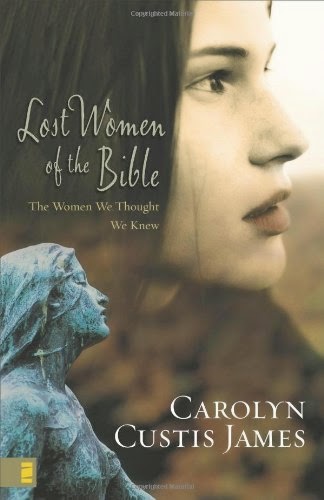






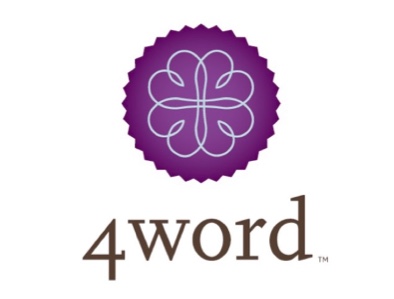
YES. This learned helplessness and the assumptions that come with it are one of the things that have pained me the most about the Christian circles I have found myself in. I came under it too, but I was a tough sell and eventually broke out of it. It took a particularly strong abuser personally mentoring me twinned with the vulnerabilities of my physical illness (amid word of faith teachings) to break me down into it, and I still stand out socially b/c of how normative it is for the women to assume this position. There are some places I cannot quite ever “Gumby” myself to again for the sake of my own health and for the sake of the Truth. I sometimes feel like I live in this nightmare where I just feel the suffocation of all of these women all the time (and some of them are breaking apart as a result but would not suspect that this is why they are falling apart b/c, after all, this is the good Christian thing), but then I have to hand it over to Jesus again and again. I plan to link to this particular blogpost in an upcoming project that will deal with abuse among other issues that disproportionately effect women. Thank you for saying this boldly and clearly.
LikeLike
>>I fear that much of what women are absorbing in women’s ministries and Bible studies contributes to these vulnerabilities and is insufficient to fuel the kind of courage and strength we need at the first flicker of abuse. Instead we are being lulled into that learned powerless and self-doubt that leave us unprepared to reject an abuser’s words and behavior and to stand our ground before abuse gains traction.<<
One great reason to keep reading the Whitby Forum: faith, wisdom and courage contained in it. Thanks again!
LikeLike
You expose one reason why spiritual abuse is complicated within the church. Though many have called me a strong woman, I had to face my vulnerabilities and the lies I believed about myself when I encountered abuse by male leadership. I have been called “insubordinate” and “divisive” when I dared to give my opinion on a course of action or shared what I really believe about a church policy. I shared with you before what my Greek prof said to me when you talked about wolves in shepherd's clothing. During one of those sessions when I was trying to sort out this pastor's words, the prof called me “neurotic.” Coming from any other person I would have been upset but I trusted his heart and asked why. He said, “This man loves to dish out guilt and you love to receive it.”
I realized my concept of submission, authority, introspection and responsibility was distorted, especially as a woman in the church. From that point on it was a process of learning to sort out his stuff from my stuff and reject his continual efforts to make it all about me and my failings as a submissive woman in the church, or more accurately, a submissive woman to HIM. He actually told me that if I didn't agree with everything he said or did, I was being unsubmissive.
Getting out proved difficult and painful but necessary to regain health and sanity. I still need more growth in standing up to spiritual abusers but fortunately I'm recognizing it faster and gaining a stronger voice in calling it out.
LikeLike
Carolyn, I've just read all the posts and comments to date in your series on Spiritual Abuse. As I think I told you when we met, I suffered months of brutal spiritual abuse/bullying/mobbing about eight years ago in a Christian workplace setting. Since then, God has taken me through an intense time of healing, learning, growing – and beginning to speak up. It all started shortly after the battering, when I asked God, “What was THAT?” As he has revealed the truth, I've pressed into it. Now, to my amazement, I've written four books published in the last three years. Here's a rather remarkable thing that I realized as I read your blog posts: As far as I can recall, none of the four books even mentions the phrase “spiritual abuse.” Certainly, none has the term in the title. Yet all four were birthed from a deep desire to uncover the why, the how and the who of spiritual abuse and a deep conviction that we must open this can of worms. Each book deals with different, but related, aspects of the puzzle, often examining in particular how wrong root attitudes and injustices manifest in the US conservative church culture rooted in the Bible Belt. But also, each book is written redemptively, with a specific intent to bless – by reminding us that the junk we may have agreed with does not dictate our true identity, by getting to the heart of difficult and complex issues and by pinpointing key starting points for spiritual change. All that to say this: I would love to explore how to collaborate with you to stand up and shine the light of truth on this subject.
LikeLike
Pingback: The Perfect Storm | Carolyn Custis James
Pingback: From Angst to Action—Preventing Spiritual Abuse | Carolyn Custis James
Pingback: The Enablers of Spiritual Abuse … or when silence isn’t golden | Carolyn Custis James
Pingback: Structural Patriarchy’s Dilemma for Women | Carolyn Custis James
Pingback: The Underlying Belief System of Spiritual Abuse | Carolyn Custis James
Pingback: Lean In: Let’s Start Talking About It | Carolyn Custis James
Pingback: This Can of Worms Must be Opened! | Carolyn Custis James
Pingback: Identifying the Triggers of Spiritual Abuse | Carolyn Custis James
Pingback: The Many Faces of Spiritual Abuse | Carolyn Custis James
Pingback: Dis-abling spiritual abuse